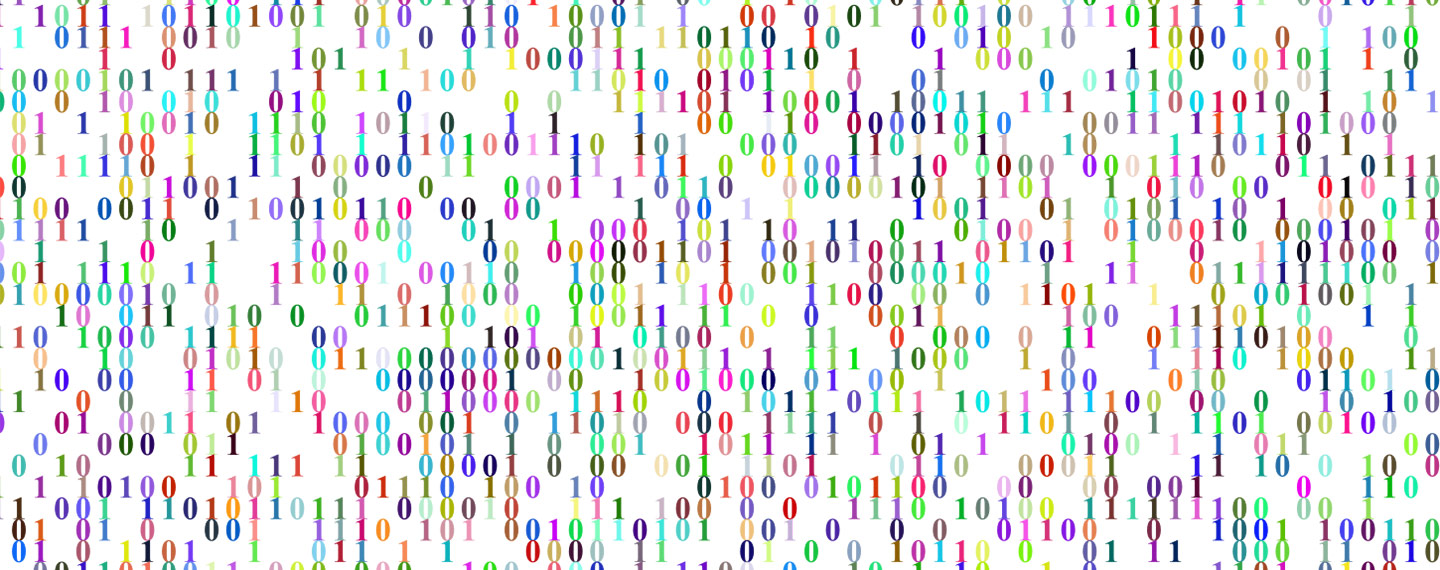Large-Scale Gene Mutation Disrupts Brain Development During Key Period
Large-Scale Gene Mutation Disrupts Brain Development During Key Period

A segment of the genetic code that is often either missing or overrepresented in people with autism, schizophrenia, and other psychiatric illnesses is needed by cells to make proteins that are critical for healthy brain development. New research shows how genes on this piece of DNA––a portion of chromosome 16 called 16p11.2––contribute to a specific signaling pathway that helps guide neurons and control brain size during a specific period of fetal development.
A research team led by Lilia M. Iakoucheva, Ph.D., at the University of California, San Diego included 2010 NARSAD Independent Investigator grantee Jonathan Sebat, Ph.D. The scientists published their study results in the February 18th issue of Neuron.
Large-scale changes that omit or duplicate chunks of DNA can leave cells with too many or too few copies of certain genes. These changes are known as copy number variations. Several mental illnesses, including autism, schizophrenia, bipolar disorder, and attention deficit hyperactivity disorder have been associated with copy number variations in specific locations in the genome. But in many cases, it is not known exactly how those mutations affect the development and function of the brain.
For the current study, researchers focused on the 16p11.2 region, which contains more than 25 genes. Deletion of 16p11.2 is associated with autism, and its duplication has been linked to autism as well as bipolar disorder and schizophrenia.
To figure out how 16p11.2 copy number variations affect the brain, the team of scientists mapped out when and where genes in that region are active. They determined that the genes encoded on the 16p11.2 region are active during the “late mid-fetal period” of development. 16p11.2-encoded proteins are needed during this critical window as part of a signaling pathway that helps control brain size and establish the appropriate connectivity of neural networks.



